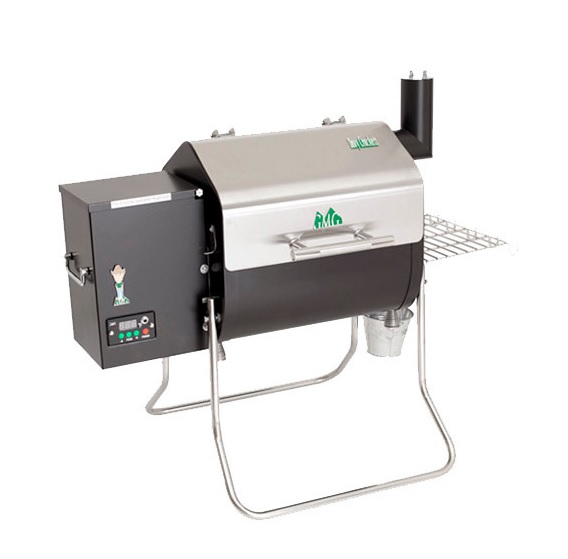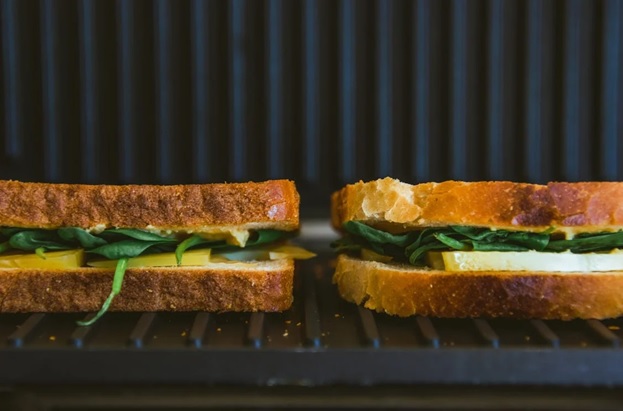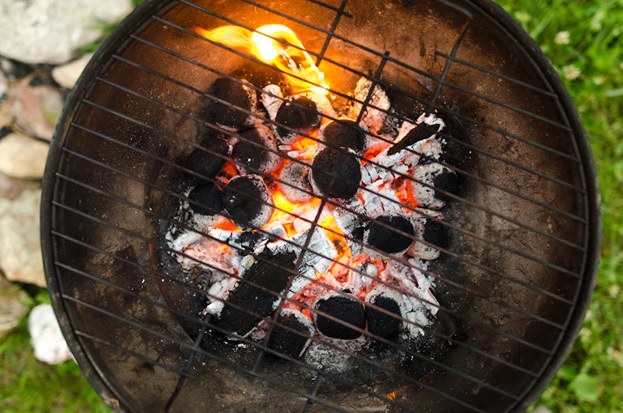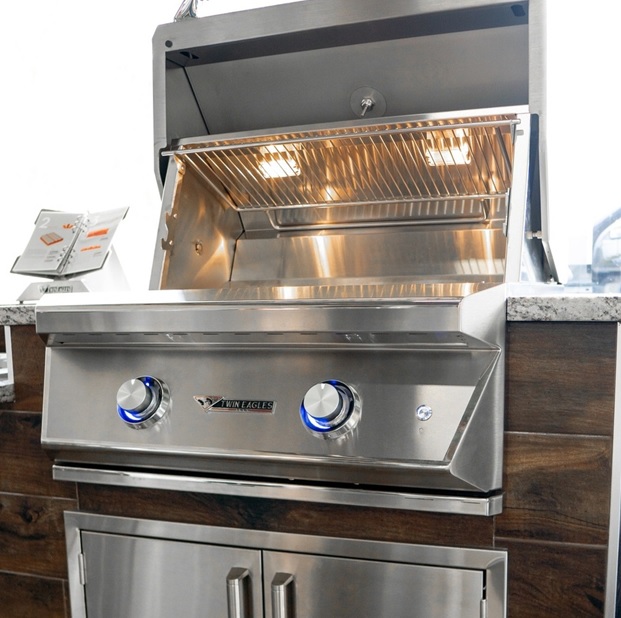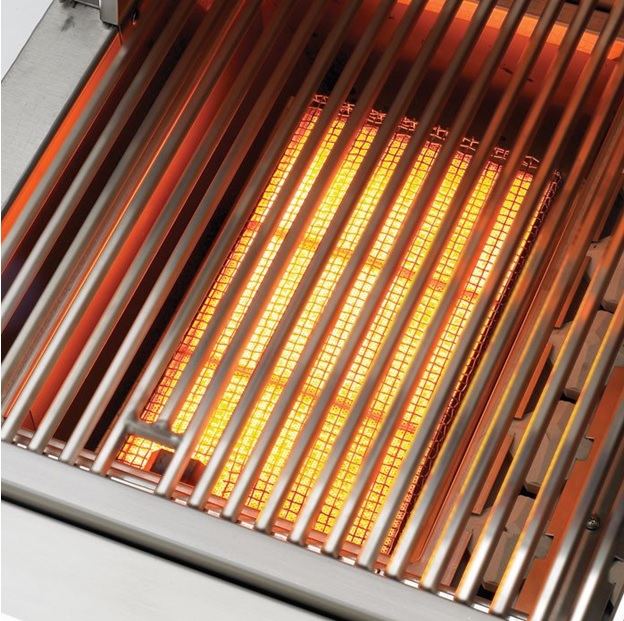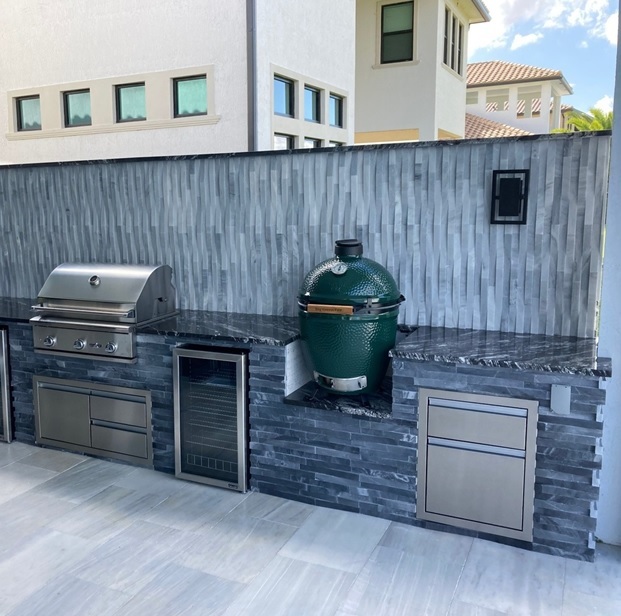Ultimate Breakdown: Wood Pellet, Electric, Charcoal, and Gas Grills
Are you considering buying a grill? Are you thinking about upgrading an existing grill? Are you wondering what fuel type you should choose? Don't worry, at The BBQ Depot we're here to help! Check out our guide below now and figure out the perfect grill fuel type for you:
Should You Buy A Wood Pellet Grill?
The first type of grills we’re going to be taking a look at are wood pellet grills. Wood pellet grills are similar to charcoal grills, but instead of burning charcoal they burn specialized, compressed wood pellets. Pellet grills can often be used as both a grill and a smoker as well, and they typically come in a barrel or cart style.
Usually, pellet grills are very convenient to light and do not require lighter fluid or even a lighter! Instead they often have a push button ignition to light the pellets, and internal controls to feed the grill.
Advantages Of A Pellet Grill
- Pellet grills are both convenient & relatively safe. They also offer high heat and fast cooking.
- Pellet grills mostly use indirect heat, which means they are among the most versatile of all grills; in fact, you can even bake on some pellet grills, good news for bakers and pizza lovers.
- Many pellet grills double as smokers.
- Many pellet grills feature easy to use, fairly precise digital controls.
Disadvantages Of A Pellet Grill
- Fuel can be expensive and you will need to use special wood pellets to cook on a pellet grill.
- Some consider pellet grills expensive, but we offer a wide range of options here.
- Some pellet grills can take a little longer to heat up; you can’t cook on them right away like you can with most electric and gas grills.
- Pellet grills burn a little dirtier than gas grills and require more maintenance than both gas and electric grills. The ash from the firepot needs to be regularly cleaned out and the pellets need to be kept dry as they do not burn effectively when damp.
Electric Outdoor Grills
Electric grills are exactly what they sound like. They use electrical resistance to power their heating elements. Unlike all of the other grills mentioned in this article, there is no open flame with an electric grill, which makes them relatively low maintenance, and some would argue, safer.
Electric grills come in many styles, with many being usable both indoors and outdoors. Here, are some of the electric grill options:
Advantages Of Electric Grills
- Because electric grills do not use an open flame, many of them are considered safer to alternatives.
- Some living situations and building complexes do not allow open flames aka gas or charcoal grills, making electric grills the only alternative.
- In terms of convenience and maintenance, electric grills are the easiest to use and care for.
- There’s never any ash to clean up.
- There’s never any need to buy fuel; as long as you’re hooked up to a power source, you’re good to grill.
- By their nature, electric grills offer precision temperature controls, sometimes better than what gas, charcoal and pellet grills can offer.
Disadvantages Of Electric Grills
- A common gripe of users of electric grills is that they don’t produce the same flavor as gas, charcoal and pellet grills.
- With most electric grills, smoking is impossible. Even if you can use a smoker box, it’s not as easy to use as with charcoal or gas grills.
- You need an active powersource to grill. No elctricity/power, now grilling!
- As a general rule, electric grills have more specialized parts, especially compared to charcoal grills. This can make repairs expensive.
- They’re typically not as powerful as gas and charcoal grills.
BBQ Charcoal Grills
When you think of a classic grill - you think of Charcoal grills. These grills come in many different styles:
- kettle
- egg
- barrel
- cart-style
- portable
- tabletop
Charcoal grills require a bit more skill to work than other grill types. They take a little longer to light and to prep for cooking. Their temperature controls aren't as precise as pellet, electric, and gas grills either. However, grilling purists love charcoal grills and some even say they’re the most authentic way to cook.
Advantages Of Charcoal Grills
- Charcoal grills usually produce the best flavor, and when using smoking chips they can be soaked or even dropped right on the coals dry - as long as you control airflow properly.
- They offer a wide variety of sizes (from small to very large), styles (built-in to portable), designs, and operation types at price points that fit each shoppers price range.
- They are extremely versatile and it’s easy to set up dual-zone cooking with a charcoal grill. It’s also possible to cook both directly and indirectly.
- Because of their simplicity, there are very few parts that can break or will need to be replaced. There are no burners or igniter systems; only grates and hardware. This makes charcoal grills affordable to operate over the long run, provided they are properly cared for. They’re also generally easier to assemble, too.
- It’s not as hard to light a charcoal grill as you think; even without lighter fluid, a basic charcoal chimney can get the coals ripping hot in 15 minutes or less.
- All grills get hot, but it's easy to get a charcoal grill "really hot" - getting these grills above 600℉ and even to 700℉ is possible!
Disadvantages Of Charcoal Grills
- Charcoal grilling, including lighting the controls, setting airflow and temperature control, is a skill that is not easy to learn. Some also believe that cooking on charcoal is less healthy as a result of the chemicals and compounds produced during combustion.
- Charcoal grills are far dirtier than electric, pellet and gas grills, and ash needs to be cleaned out periodically, too.
- They take longer to light and heat up than other grills.
- Though the grills themselves are relatively economical and easy to repair, charcoal can be expensive if you grill a lot, especially compared to gas.
- Anywhere that open fires are not permitted will be unlikely to allow a charcoal grill.
Propane And Natural Gas Grills
Gas grills are the go to option for many, as they off convenience, ease of use, and precision. Most gas grills use either natural gas or liquid propane, both of which are relatively affordable and highly available. Gas grills are also available in a wide range of styles and price points.
Advantages Of Gas Grills:
- Affordability and availability of fuel. Most hardware stores sell propane, and if you have a natural gas grill permanently installed, you’ll just use your home’s natural gas, which is even more convenient.
- It is easier to light a gas grill; they’re ready to cook on almost immediately, and they’re fairly precise with respect to temperature control. Many modern gas grills even have digital controls.
- Many modern gas grills come decked out with features like bun toasters, rotisseries, side burners, and additional storage space under or at the sides of the grill.
- They’re relatively easy to keep clean, and you’ll never have to deal with ashes.
- With a smoker box, you can convert a gas grill into a smoker, giving you the ability to replicate the flavor you’d get on a charcoal grill. Also, it’s easier to maintain a constant temperature for longer with a gas grill than it is with a charcoal grill.
Disadvantages Of Gas Grills
- Charcoal proponents say charcoal produces better flavor than gas grills. We say its all in the seasonings and sauces with gas grills.
- For a propane grill with a gas tank, it can be inconvenient having to guess at how much cooking time you have left before you need a refill.
- Gas grills can be more expensive than other alternatives.
- Gas leaks and improper connections can create a fire risk.
- Gas grills can require more maintenance than charcoal grills, making them more expensive to own over the long term.
- There are smaller, portable gas grills, but it’s generally impractical to try to transport most larger freestanding models.
Should You Buy An Infrared Grill?
One more grill type to consider is an infrared grill, which does not produce radiant heat through combustion; rather, infrared grills consume their fuel to heat up heating elements that release infrared radiation and can reach very high temperatures (up to 700℉+).
Some Advantages Of Infrared Grills
- heat up quickly
- can cook rapidly
- produce a good sear and help seal in juices
- highly effective
Disadvantages Of Infrared Grills
The only real downside to infrared grills are the price tags. Many of these grills are more expensive than the other grill types.
Still, they are a great option to consider, especially if you cook a lot of meats and have been in pursuit of the ultimate sear.
Shop Our Online Store For Your Next Grills!
If you have any questions about fuel types, sizing, and/or grill styles - we at The BBQ Depot have a team of experts that are ready to help you shop!
We carry all of the best models from the top brands in the industry and we truly offer unmatched service and knowledge. Take a look through our catalog of brands, and contact us with any questions you might have! We look forward to helping you!

